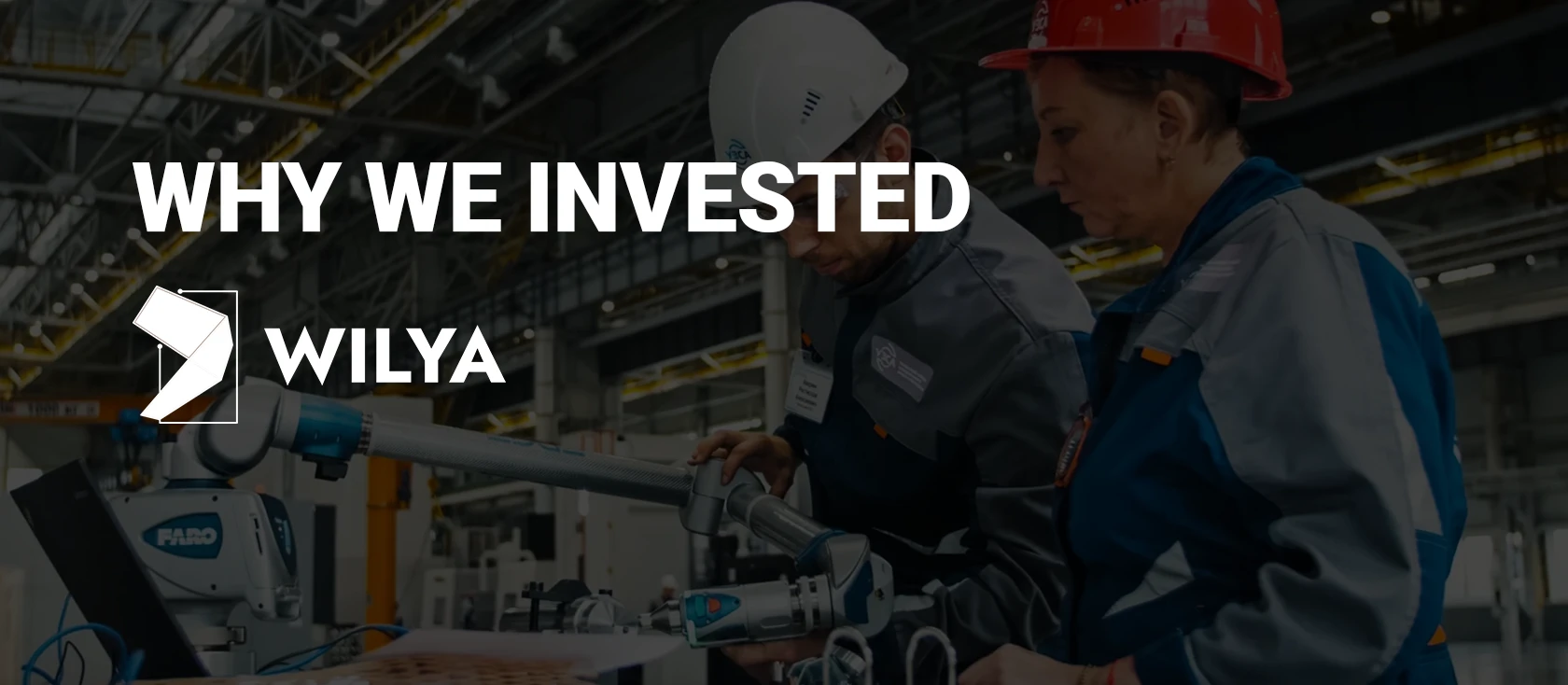
By Ty Findley, Co-Founder & General Partner, and Colleen Konetzke, Principal
Skilled labor in manufacturing and supply chain is in short supply and difficult to manage. Nearly 50% of manufacturers say they have turned down work due to lack of labor. There is a 2.1M factory worker shortage predicted for 2030, costing ~$1T in productivity. This is compounded by the recent manufacturing boom in the US, driven by recent legislation such as the CHIPS Act, the Infrastructure Investment and Jobs Act (IIJA), and the Inflation Reduction Act (IRA), all of which provided direct funding and tax incentives for public and private manufacturing facilities. Where will the talent to build these projects come from? The investment has been made and the factories and distribution facilities are in progress, but we don’t necessarily have the labor we need to get the work done.
With reshoring and nearshoring rapidly increasing, labor challenges are only compounding in the manufacturing, warehousing, and distribution industries. Businesses in these sectors need to both recruit and train new labor – and use the labor they already have available in the most efficient way possible. A severely underutilized tool is flex labor. Flex labor moves away from traditional, rigid shift work and breaks up traditional shifts or allows traditional shift employees to choose their hours. It can unlock new talent pools, increase diversity, and lower labor costs, but very few manufacturers (9%) use flex labor today. Flex work can attract and keep workers (if leveraged effectively) but it can be tricky to transition to and cumbersome to implement given the many inputs and variables at play while each work setting and production line is unique. Establishing and managing talent pools to make flex labor work is difficult, and digital solutions for regulated manufacturing and supply chain industry labor are practically nonexistent.
Enter Wilya, a cutting-edge tool for flexible work and skills digitization. We were excited to lead the $4M Seed round for this innovative platform that allows companies in manufacturing and supply chain to flexibly deploy the right worker for the right job at the right time. What is novel about Wilya is that it sources talent from the community of labor pools the factory or facility already operates with (i.e. “closed-pool labor that already exists, not 1099 contractors, bringing together existing full-time employees and also introducing part-time flex positions). Wilya has three core components: flexible scheduling, digitization of the firm’s production skills matrix, and change management and communication for managing the flex labor pool. The key to making flex labor work is accounting for skills. Wilya is designed to facilitate efficient allocation of skills and resources while promoting a flexible approach to work. How does this impact businesses? Just a year in market, Wilya is bringing customers significant savings on overtime and recruitment costs and increasing the availability and utilization of labor. Many flex workers eventually transition to full time roles too, growing available labor pools naturally.
Why did Wilya and its founders get our attention? Wilya is solving a critical problem for the supply chain workforce, and they have a stellar team to do it. The founding team’s deep industrial experience, HR functional expertise, and premier technology pedigree makes them the right people for the job. Co-founders Rahil Siddiqui and Gnan Vrath bring an exceptional combination of decades of factory floor and HR experience in addition to impressive tech and product development credentials. They’ve lived these labor challenges firsthand and have built a purpose-built solution that’s already helped many customers modernize how they identify and deploy workers, resulting in productivity and efficiency gains (and higher worker satisfaction). With the tailwinds of 400%+ year over year commercial growth, they are poised to transform traditional HR practices through innovative technology that directly addresses the unique human capital challenges across the industrial supply chain. We’re excited to partner with Rahil, Gnan, and the entire Wilya team on their journey ahead.
Visit the Wilya website: www.wilya.com
Read Wilya’s funding announcement